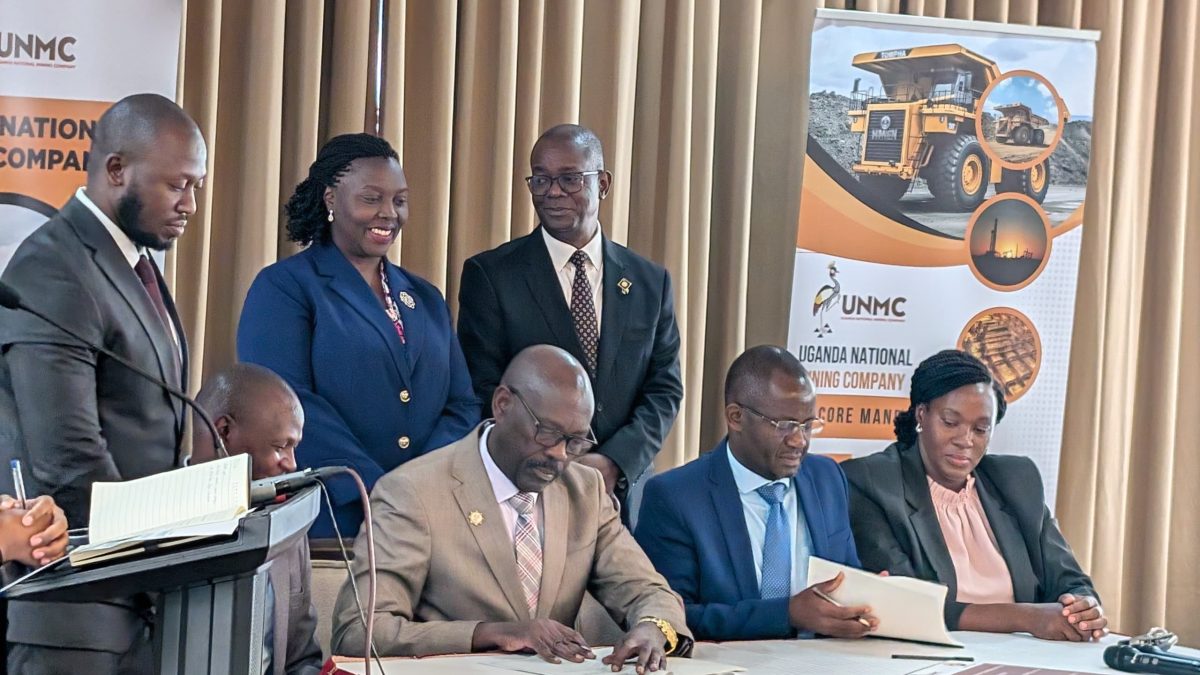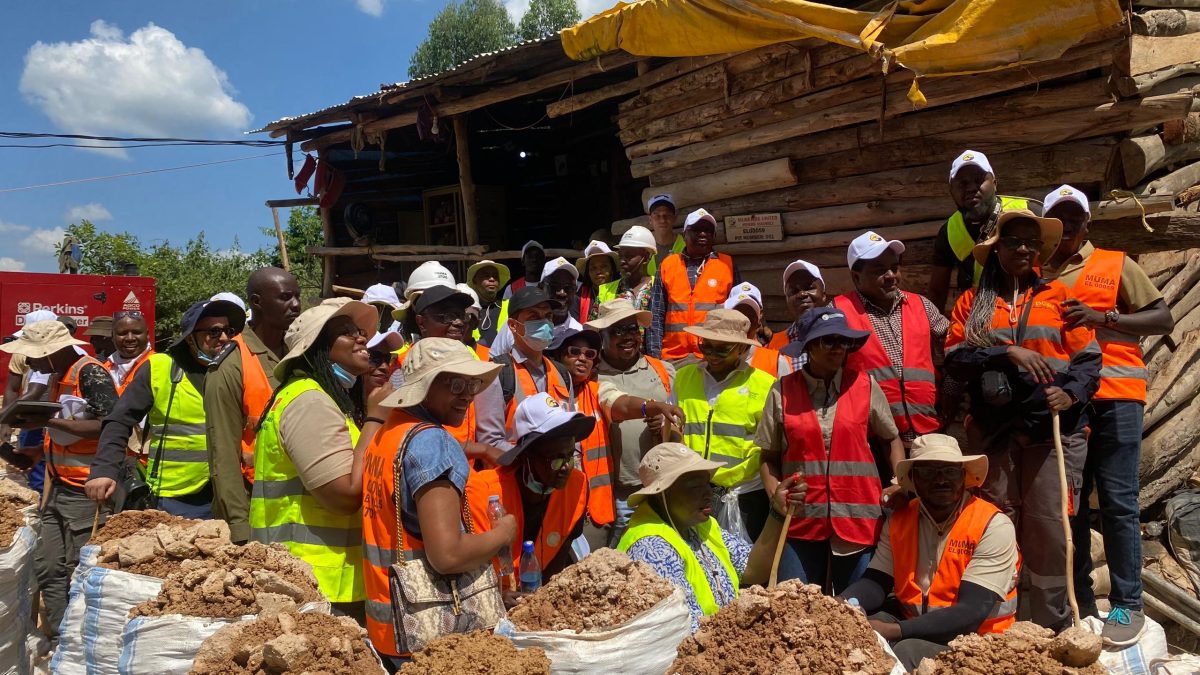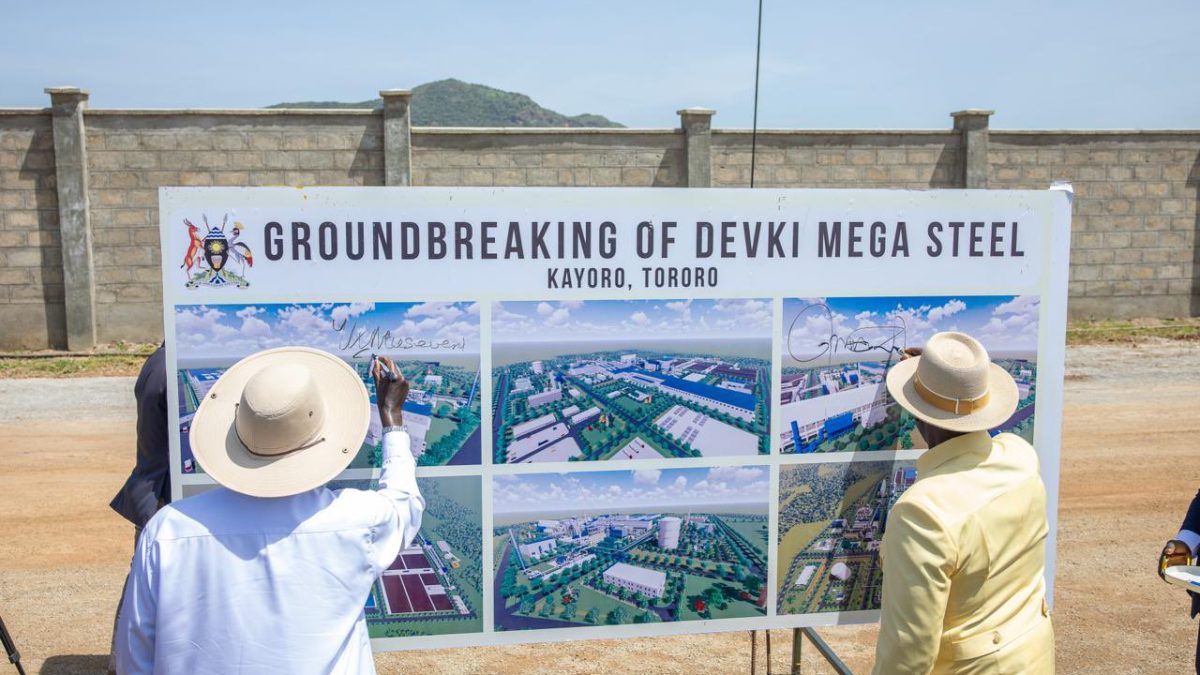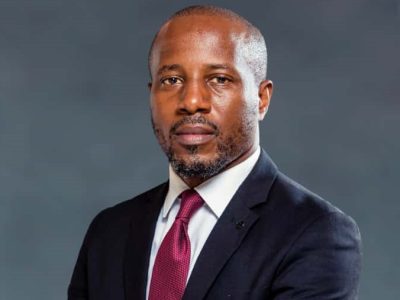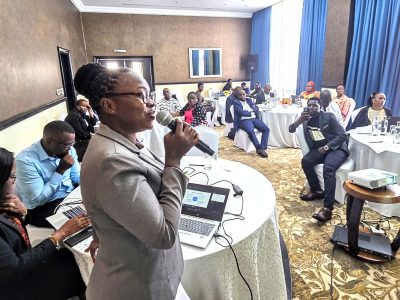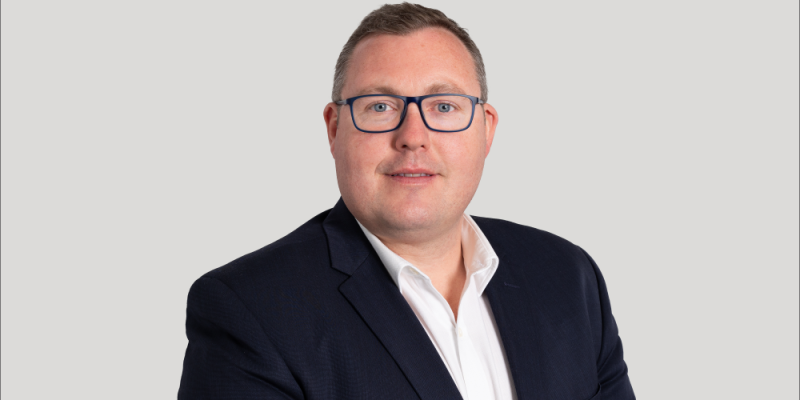
The Makuutu rare earths elements (REEs) project in the eastern Uganda region of Busoga is one of the few proven Ionic Absorption Clay (IAC) deposits globally. The project has the capacity to supply heavy Rare Earth Oxide (REO) for more than 50 years, according to the developers.
Progress has however slowed down in the last year due to factors like market volatility, China’s dominance in rare earth processing, and the complexity of establishing new supply chains for these critical minerals, with development only poised to accelerate once favourable market conditions and necessary strategic partnerships emerge within the next nine months.
With continued global demand for REEs as countries shift towards green energy technologies, coupled with China’s export restrictions, the opportunity to diversify supply away from China remains.
In this exclusive interview, TIM HARRISON, the Managing Director of Ionic Rare Earths (IonicRE) tells Deep Earth International why Makuutu remains important even as the company’s subsidiary, Ionic Technologies, operates a magnet recycling demonstration plant in Belfast, Northern Ireland:
With IonicRE developing Makuutu while operating a magnet recycling plant in Belfast, where will your priorities be as a company, going forward?
Our priority is clear: to establish a rare earth supply chain with secure, sustainable and traceable magnet and heavy rare earths for the new economy. Recycling and mining are both part of that vision. In Belfast, UK, we’ve already proven that magnet recycling can deliver immediate solutions, while in Uganda we’re developing Makuutu, one of the world’s largest ionic clay rare earth projects. Together, these initiatives put us in a unique position to deliver secure, diversified, and sustainable supply at scale. We believe that we are the most advanced rare earth company in the world with a ‘shovel-ready’ project that already has its mining licence and commercial magnet recycling facility that is currently in production.
How do recycling and mining fit together in IonicRE’s long-term strategy? If you had to prioritize one, what drives that choice – returns, time-to-market, or sustainability?
Recycling and mining complement each other. Recycling offers a near-term solution, capable of supplying rare earth oxides (REOs) into the market in as little as 6 – 9 months that can help de-risk investment in the downstream rare earth value chain, which is required in order for new primary (mining) supply to be developed.
Mining provides the long-term scale that ensures resilience for decades to come while also building additional recycled feedstock over time. We don’t see it as one versus the other; instead, the strength of our strategy lies in the integration of both – leveraging recycling first to help build downstream value addition capacity and then providing the base for mine supply to come to production.
How do you plan to integrate magnet recycling with primary mining? Will recycled REOs be blended with Makuutu’s product?
Recycling and mining will both contribute to supply chain resilience, but they will not be blended. Some customers we are dealing with now have extremely specific demands regarding where they source their REOs from. Recycling offers an immediate entry point into the market, supplying recycled magnet REOs, while mining and refining from Makuutu will provide the long-term backbone for independent supply for mainstream industrial consumption. Together, they create a holistic solution – meeting near-term demand while ensuring structural independence over the long term.
Where will final processing take place – Uganda, Belfast or elsewhere?
Currently, China is the only jurisdiction with established heavy rare earth separation and refinery processing capacity for heavy rare earths. For Makuutu and for recycling, our approach is pragmatic: final processing will take place where there is sufficient government and institutional support to build the required downstream infrastructure. Our focus is on ensuring that this infrastructure is aligned with the needs of Western markets.
With China still controlling much of the REE supply chain, how will IonicRE secure competitive market access?
Our strategy is to deliver a complete supply chain solution. Recycling gives us a near-term competitive advantage by supplying into the market today, while Makuutu builds the long-term foundation for independence. But achieving competitive market access ultimately requires government and institutional support, and that is where we are focused – aligning our projects with the strategic objectives of Western nations to secure supply chain resilience.
What is the current timeline for Makuutu to reach a final investment decision (FID) and possible first production?
Like many in the sector, we were impacted by challenging market conditions. That said, we expect the project to move toward a final investment decision within the next 6 – 9 months, pending strategic partner support, paving the way for development to begin shortly thereafter. With Makuutu’s scale and advanced stage of permitting, we’re confident it is well placed to move into production once market conditions and partnerships align.
Will you seek strategic partners to co-finance Makuutu’s development, especially with IonicRE seeking to increase its stake in the project?
Yes. We are actively seeking strong, ideally government-backed partners to co-finance the project’s development, it being noted that we currently hold 60% of the project. We believe the scale of our ownership and the importance of Makuutu to the rare earths supply chain creates an excellent platform for strategic collaboration with stakeholders who share our vision for independence and resilience.
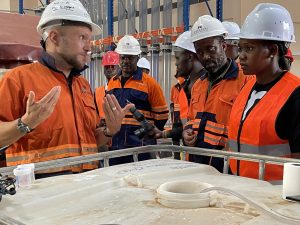
State Minister for Minerals, Phiona Nyamutoro (R) toured the Makuutu project in June, last year, including the Demonstration Plant
The demonstration plant at Makuutu was completed last year but has been quiet since – what did it prove, and what comes next?
The demonstration plant successfully proved that we can extract rare earths from ionic clays and produce a high-value mixed rare earth carbonate. This is a significant milestone, confirming both the technical viability of the project and the quality of our rare earth basket, which is particularly rich in heavy rare earths at greater than 45% content. This is strategically very important for the advanced manufacturing economies which require this material for a range of next generation technologies including robotics and AI (artificial intelligence).
The next step is leveraging this success to secure offtake partnerships that recognise the strategic importance of what Makuutu can deliver. This is critical for financing of the Makuutu Project.
How far has the process to secure off-takers for the Makuutu product gone?
We have not signed binding agreements yet, but we are in active discussions with multiple potential off-takers. The feedback has been encouraging, with interest driven by Makuutu’s unique heavy rare earth profile, its advanced project status and it’s potential to underpin secure supply chains for Western markets.
Are you negotiating strategic supply deals with governments or major Original Equipment Manufacturers (OEMs)?
We are currently in discussions with a range of potential partners, including governments and OEMs. There is clear recognition that supply security requires long-term planning, and IonicRE is positioning itself as a central piece of that solution. While nothing is yet finalised, we expect these conversations to translate into strategic commitments as the project advances.
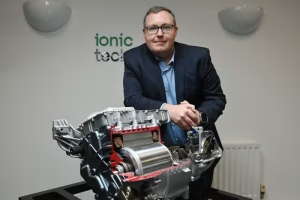
Harrison at Ionic Technologies
What are the top risks facing IonicRE in the next 24 months, and how are you addressing them?
Like any emerging rare earths developer, our top risks are access to funding, securing offtake support, rare earth price volatility, alignment with government priorities and sovereign risk. We are addressing these by engaging directly with funding partners, advancing discussions with potential off-takers, building strong relationships with governments, and monitoring opportunities for price support mechanisms already being extended to other rare earth companies. In short, we are proactively managing these risks while positioning IonicRE as a leader in rare earth supply chain independence.
Note: IonicRE holds 60% of Rwenzori Rare Metals (RRM) Ltd, the Ugandan company that owns the Makuutu Project; with plans to increase this stake to over 90%.



